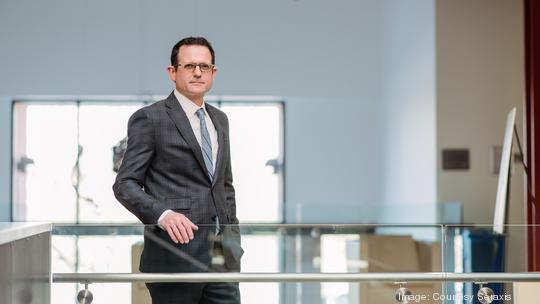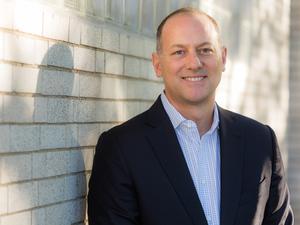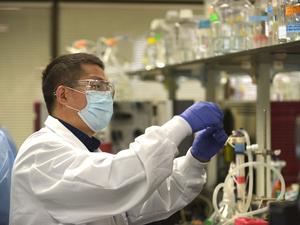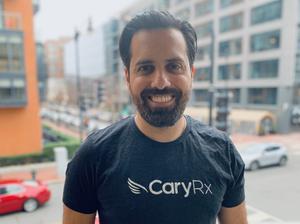
Germantown’s Seraxis just raised $40 million.
The regenerative medicine company, which is developing a cell replacement therapy for diabetes patients, said Tuesday it has closed a Series C funding round led by Indianapolis pharmaceutical company Eli Lilly and Co. (NYSE: LLY). Seattle’s Frazier Healthcare Partners, Waltham, Massachusetts-based Polaris Ventures, Boston’s JDRF T1D Fund and other investors also participated.
With the round’s close, Seraxis has reorganized and reincorporated to make its lab at the Germantown Innovation Center in Montgomery County its official headquarters, Seraxis Chief Business Officer Carole Welsch said Tuesday. The company's former Singapore location, which had served as its headquarters and the Germantown as its former U.S. subsidiary, no longer exists, she said.
The company will use the new funding to expand its operations and hire, aiming to grow its now five-person team to 15 employees within the next year. “We'll need to hire for every type of position,” including scientific, manufacturing, regulatory, quality, finance and clinical roles, Welsch said.
The new capital also positions the biotech to complete preclinical studies of its lead cell therapy, called SR-01, and advance it to the clinic.
“With the continued support of our investors, we believe SR-01 has the potential to become the first clinically validated treatment of its kind,” Seraxis founder and CEO William Rust said in a statement.
The candidate is part of Seraxis’s human stem-cell line that replaces the lost insulin-producing cells with new cells, alongside an implant device called SeraGraft that prevents the body’s immune system from rejecting them. The approach has been shown to reverse diabetes in animal studies but requires clinical testing in humans.
Seraxis launched in April 2013 with $2 million in Series A funding from Singapore-based private equity firm East West Capital Partners, Baltimore’s GRI Fund, D.C.’s ASAP Ventures and angel investors, according to the company and data from venture firm PitchBook.
It since remained largely under the radar until August 2016, when it announced an undisclosed amount of Series B funding and formed a partnership with South Korean biopharma Medytox Inc. to advance its lead candidate.
Seraxis had also received a $300,000 grant from the Maryland Stem Cell Research Fund, a program of the Maryland Technology Development Corp., or TEDCO, in May 2017 — part of a $1.2 million award that was also split between Gaithersburg’s MaxCyte Inc., Rockville’s Propagenix Inc. and Baltimore’s 3Dnamics Inc.
Seraxis moves to its next stage during a particularly active period for Montgomery County’s life sciences and biotech ecosystem. A handful of companies have gone public, including Rockville’s Sensei Biotherapeutics Inc. (NASDAQ: SNSE) most recently. Gaithersburg’s Viela Bio (NASDAQ: VIE) reached a deal to be acquired by Dublin’s Horizon Therapeutics (NASDAQ: HZNP) for $3.1 billion. Vaccine maker Novavax Inc. (NASDAQ: NVAX) is accelerating in its quest to deliver a Covid-19 vaccine. Rockville’s Vigene Biosciences Inc. is initiating its second expansion within a year. The nearby MacroGenics Inc. (NASDAQ: MGNX) is preparing a market launch after earning its first-ever drug approval. And that’s just the beginning.




